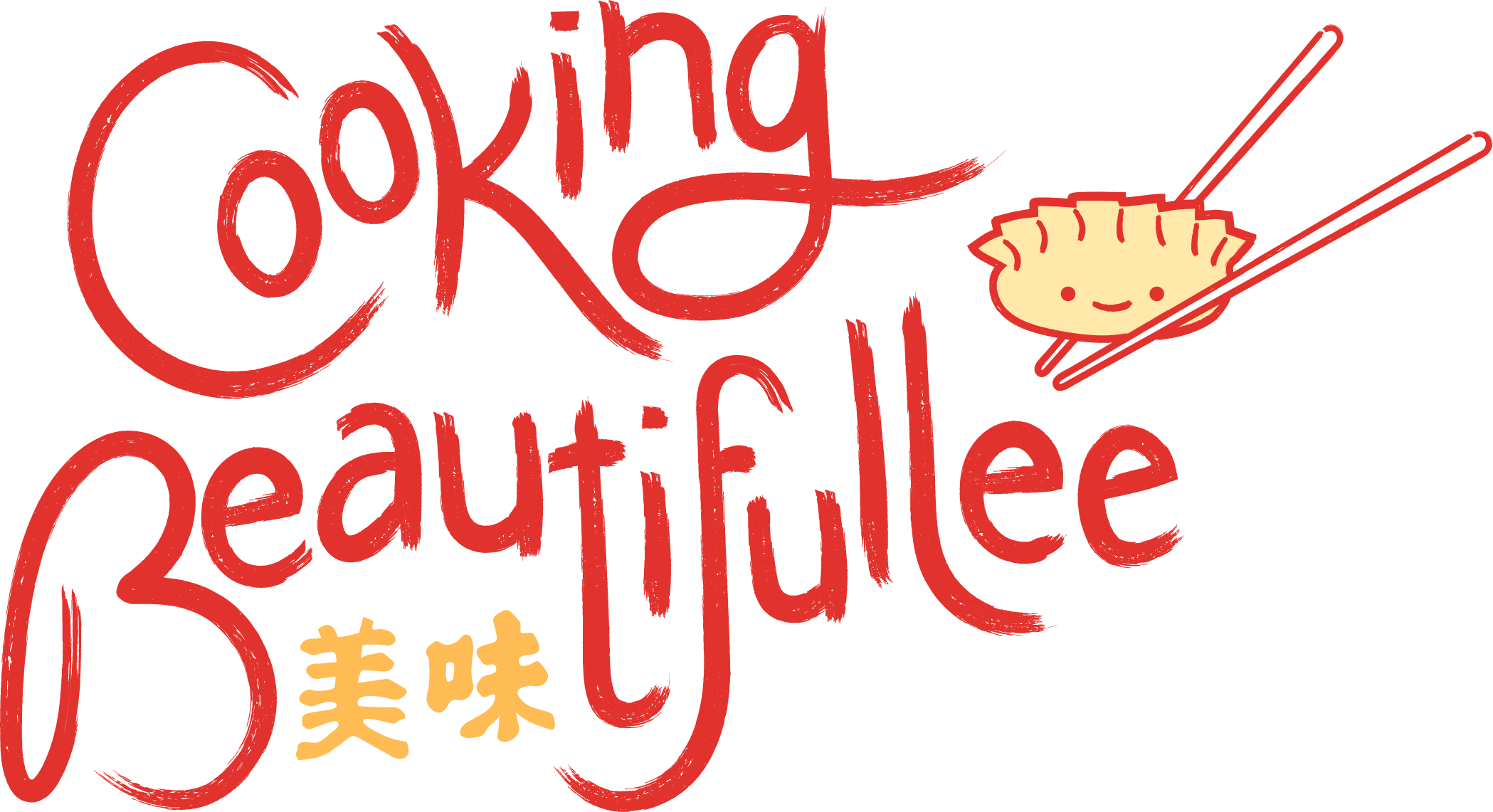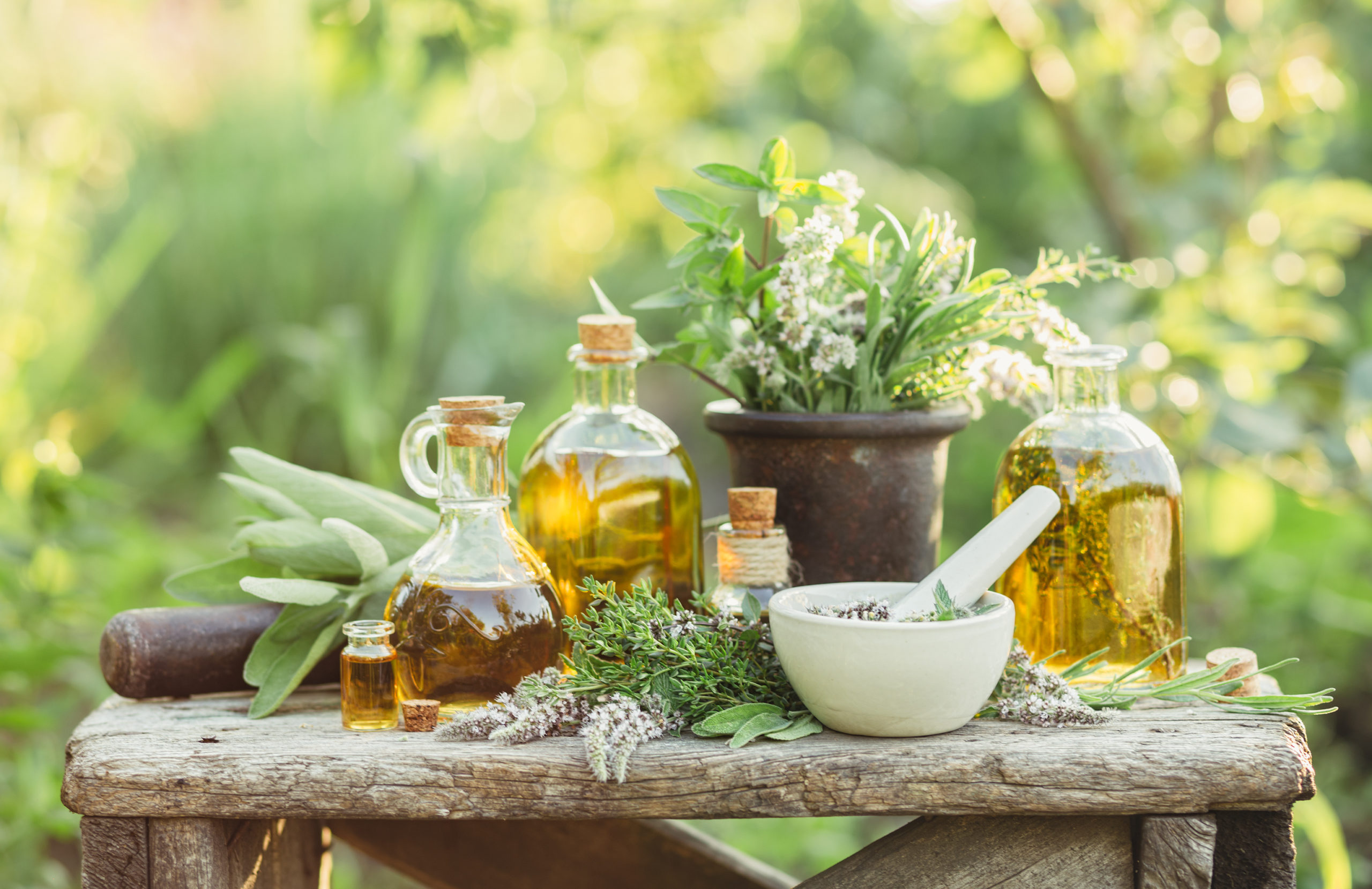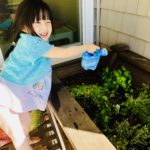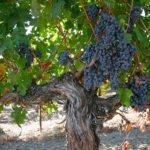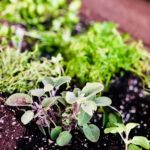Bespoke Vegetables: Make Your Garden Fancy This Spring!
Chef Thomas Keller once described: "People come to the restaurant, they have carrot dish, they go home, they follow my recipe. Sentence by sentence, they're perfectly in line with the recipe. Then they come to me the next day and they're just like, 'I did everything and I couldn't get the flavor that you had.'" And I say, "Of course you couldn't. You're not starting with my carrots."
Have you ever had this kind of experience?
Spring is here. It is the best time for us to plant vegetables, fruits and herbs in our gardens here in New England. When we cook, we often think the process of making food starts from the first step of the recipe. However, when I was trained at Cambridge School of Culinary Arts, I learned the importance of "Mise en place" (French pronunciation: [mi zɑ̃ ˈplas]), a French culinary phrase, which means "putting in place" or "everything in its place." I used to think the first step of baking was to get all the ingredients and equipments ready.
After reading Dan Barber's book "The Third Plate," it suddenly occurred to me, recipes actually start with the ingredients, and the ingredients start with the seeds. That is to say, in a way, the farmers have pre-written the recipes for us. Without fresh and delicious ingredients, you can follow celebrity chefs' recipes, sentence by sentence, but you will never get the flavor profile they created at their fine dining establishments.
If you're looking for inspiration to fancy your garden, I have an A-M-A-Z-I-N-G news for you. This year, you have the opportunity to purchase the seeds of some special vegetables that Dan Barber serves his guests at Blue Hill. The delicious produce is not limited to white linen table anymore. Dan Barber, the chef of the renowned farm to table restaurant – Blue Hill at Stone Barns, launched a seed company called Row 7. Chef Dan worked with breeders to create vegetable seeds that have been selected for flavor. There are seven vegetables for you to choose, and each of them sounds heavenly to enjoy. For example, you will get the seeds for the Honeynut that you can roast with no maple syrup or brown sugar. The vegetable itself is so delicious that all you have to do is to let the ingredients to speak for itself.
Dan Barber has got some food industry stalwarts, like former Whole Foods co-CEO Walter Robb and former Sysco CEO Rich Schnieders, on board. Chef Dan's concept is Avant-garde in the breeding industry. There are now three big companies in the USA that control 90% of the seed production. Their goal for breeding is high yield, long shelf life, and uniformity. When Michael Mazourek, the breeder of Honeynut, was asked to breed a squash for the flavor, he was shocked by the request, simply because he had never been asked to breed for flavor. Yes, Monsanto can justify GMO and monoculture for the goal: to feed the world. But, think about this, how tragic it would be if one day there was no flavor in our produce, and we eat only for necessity, not for pleasure. That would be a sad day, in my opinion.
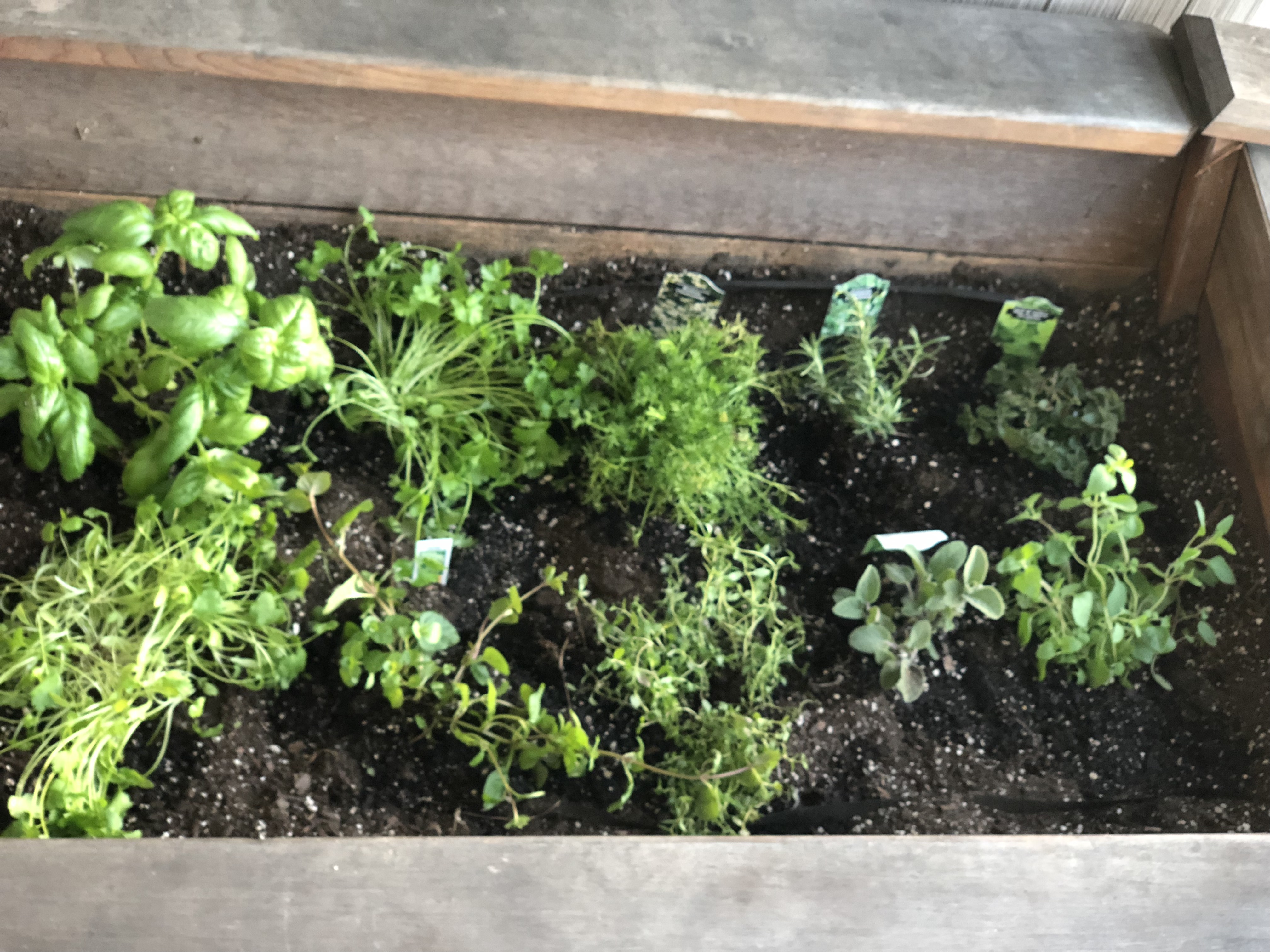
Food and wine are both my passions. After working in the restaurant industry for a few years, I took the WSET (Wine & Spirit Education Trust) course to become a sommelier. To my surprise, this course totally changed my approach to food. To be a sommelier, you need to study different grape varieties and how each grape variety contributes to the aroma, body and flavor of the end product. In the wine industry, the goal is flavor and balance. You can never imagine anyone claiming, "since it's so much easier to grow Cabinet Sauvignon than Pinot Noir, let's get rid of Pinot Noir." Biodiversity is considered important because different grape varietal has its one character. Furthermore, low yield old vines are considered very valuable in wine industry, because of the elegant fitness that the low yield grapes can produce is superb compared to high yield grapes.
Why don't we chase flavor for food the same way we chase flavor for wine? I discussed this with the respectful wine educator Adam Chase. He said, "Wine is always a luxury product rather than a necessity like food. Wine is not essential for life so farmers can make it the way they want - for taste." While I agree that food is necessity, I also want to emphasize the importance of eating for joy. Nowadays some people call food "fuel." It makes it sounds like we are similar to automobiles, and food is simply like gas to keep us moving. You can find microwaves in the kitchen in most offices. How many of us simply microwave our lunch and devour the food sitting in front of our computers? We only pay attention to the taste of our food when it's special occasion, such as going out for a date. Maybe it is time to rethink about our life style and give more thoughts to food.
In the book, "Omnivore's Dilemma," Michael Pollen suggested readers to vote with their forks. Whenever you make the purchase of food, buy locally sourced or organic food. The seeds of Raw 7 are 100% organic. Those seeds can grow very strong plants and will give you strong flavor and much nutrition. When the plant is healthy and strong, there is no need for pesticides and herbicides. Let's vote with our shovels to revolutionize the way the world grows vegetables.
Want to read more about Raw 7? Here are some suggestions:
- Dan Barber Wants to Revolutionize the Way the World Grows Vegetables
- You Can Now Buy the Seeds for Dan Barber's Bespoke Vegetables
- What Dan Barber Is Cooking Up Next: A Seed Company That Puts Flavor First
Join Our Community at Patreon
Perks for Friends of Food Patrons only:
Friends of Food is a digital members-only community designed to empower and connect food folks alike.
- Invitation to private community & food folk directory
- Access to a highly vetted network of Chefs
- One hour Zoom cooking lesson once a month
- Cookbook club + happy hour once a month
- 30 mins cooking consultation
- E-mail us your cooking questions and we will get back to you with our best answer within a week.
- Shoutout
- Polls (Help us choose a topic for an upcoming video + more!)
- Behind-the-scenes / Bloopers
- Exclusive perks from brand partners
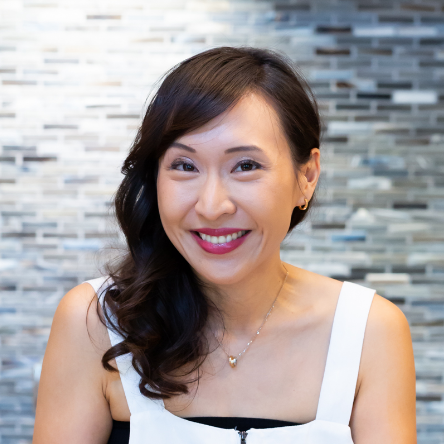
Melissa Lee
Chief Entertainment Officer
Melissa is 100% MIT (Made in Taiwan), where she worked as a food writer. She’s also worked alongside renowned chefs like Ming Tsai and Joanne Chang, honing her craft and gathering stories along the way. Part story-teller, part educator, and part food lover, Melissa brings a special blend of experience, skill, and enthusiasm to her work. She blends her Asian background, her new home of New England, and love of food and culture to bring joy, optimism, and inspiration to food lovers and fun-seekers everywhere.
What sparked your passion for the industry?
The desire to make things by hand. The joy of sharing delicious, hearty food with students. The opportunity for people to get connected via cooking and baking. When a child smiled broadly and told me it’s the best scone he has ever made and eaten, it really made my day!
In your opinion, what’s the most important course?
Well, I usually take a peek at the wine list first. I like tapas style, so the course doesn’t really matter. Cheese and charcuterie are always a good place to start. And since I’m a pastry chef, there is always room for dessert!
Bill Gates is picking up your tab, where would you go?
Noma, Copenhagen.
